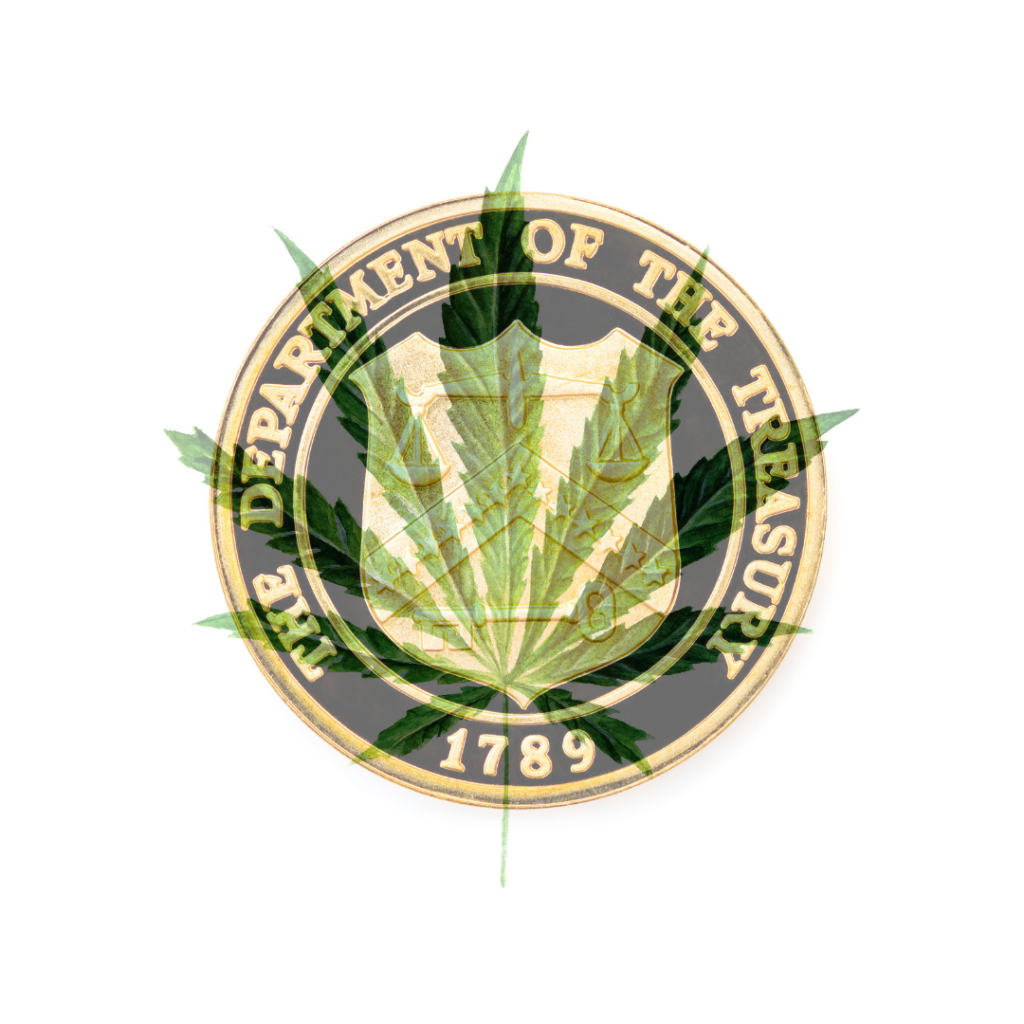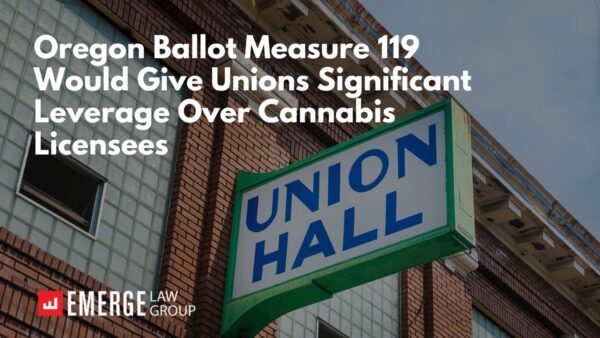Opinions released by the U.S. Tax Court in two important cases late last year have substantially changed the economic landscape for cannabis retail businesses. On this 2019 tax day, this blog post focuses on a key issue in the first those cases, the Harborside case.
In the Harborside case, the Tax Court held that Harborside was a reseller and could not apply the rules of Treas. Reg. § 1.471-11 to include purported production costs in its cost of goods sold. Instead, Harborside was limited to the rule under Treas. Reg. § 1.471-3 that a reseller may include only the price it pays for its inventory plus transportation or other necessary charges incurred in acquiring possession of its inventory.
For many cannabis retailers, this will significantly increase the amount of tax shown on their returns. In past years, many tax return preparers became comfortable including the additional costs in the retailers’ cost of goods sold. They reasoned that the retailers engaged in sufficient production-like activities to be “producers” under Treas. Reg. § 1.471-11. This could significantly reduce the tax shown on the retailers’ returns.
Since the Harborside case, the amount of tax shown on the retailers’ returns should be expected to significantly increase. Cannabis retail businesses, and their tax preparers, must now contend with the possibility of being assessed civil penalties if they include costs in excess of those available to a reseller under Treas. Reg. § 1.471-3.
For businesses that have multiple years of delinquent returns, the impact of the Harborside case will be felt most keenly. The opinion of the Tax Court in Harborside will need to be taken into account in the preparation of those returns.
On a more positive note, many cannabis retailer businesses might not miss tracking their employees’ time spent on production versus non-production tasks or preparing detailed diagrams of their business premises for use by their tax preparers.





